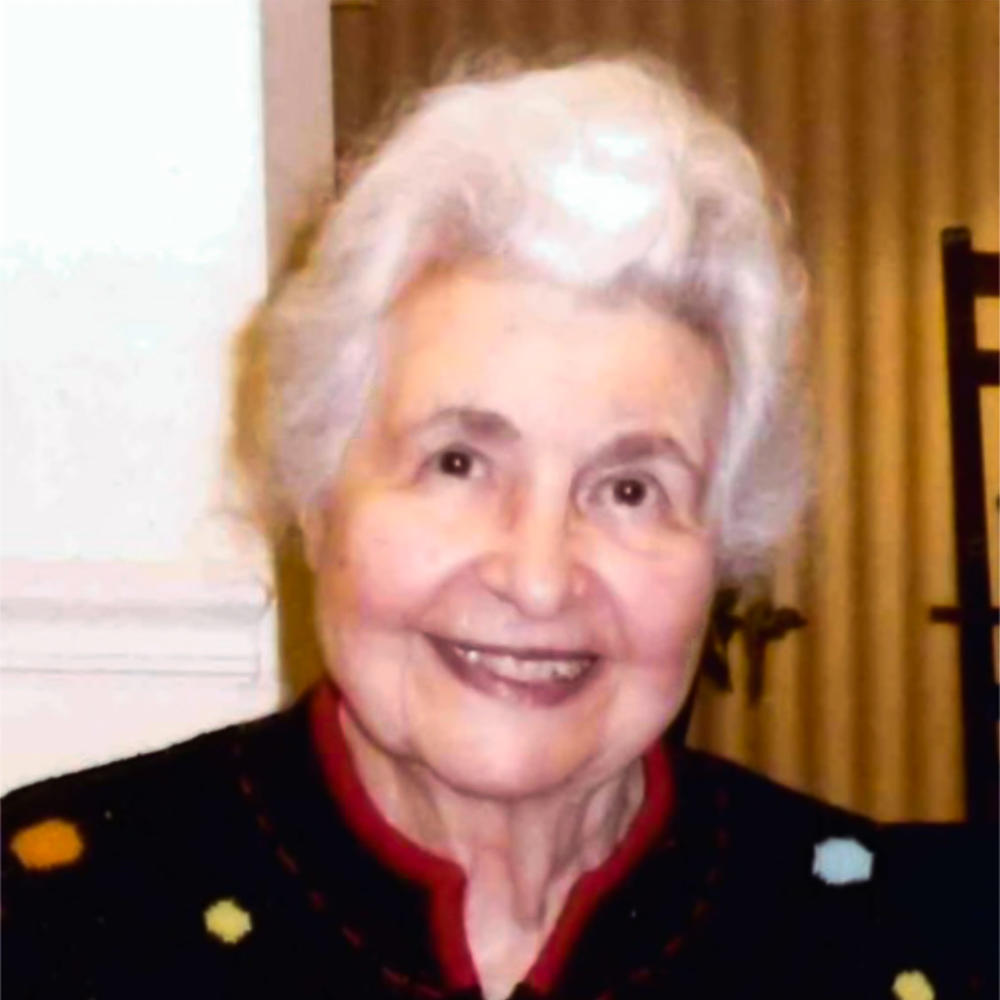Maria St. Goar
Maria had been able to contribute significantly to the growth of Anthroposophy in the English-speaking world primarily through translation of over 50 books and other individual lectures or pamphlets. These works were mostly by Rudolf Steiner but some also by Emil Bock and Sergei 0. Prokofieff.
Her father Dr. Fritz Karsch taught German at the university in Matsue (JP), and was the parent from whom Maria received a great sense of humor and philosophical disposition. Her mother instilled a deep religious faith in her, and likewise a deeply serious comportment toward life. Maria, her parents, and one sister (Friederun Christa Karsch) lived in Japan throughout World War II.
Maria had a limited formal education and was primarily home-schooled in Japan by her mother. Maria had a voracious appetite for reading. At age 12 she began studying Anthroposophy, first through books on the Old and New Testament by Emil Bock. Eventually she became fluent in three languages (German, English, Japanese), leading thereby to future translation work.
After World War II Maria was utterly shocked to learn of the atrocities that had taken place under Adolf Hitler. For Maria had felt Germany to be her spiritual home. As a result, she did not go back to Germany with the rest of her family when her father's teaching job ended.
Maria Karsch accepted a position as an interpreter at the International War Crimes Tribunal. Then she married and arrived in the United States in 1949. Her first marriage ended shortly thereafter, but she married again in 1954, this time to Herbert St. Goar a former German refugee who arrived in the United States just before the War in 1938. He became a U.S. citizen later, served in U.S. army intelligence till after the end of the war, and then worked as a business executive in Chattanooga, Tennessee.
Maria moved to Chattanooga in 1954 and joined the American Anthroposophical Society. The couple lived there for nearly 50 years until Herbert, who had supported her in her translation and other anthroposophical endeavors, passed away in 2004. During those decades, Maria raised two children, travelled regularly to Germany to see her relatives. By the early 1970s other anthroposophists began to appear in surrounding areas. Contact with these other isolated members in south eastern states led to an ever-growing group life.
In 1975 her visit of the summer conference in Spring Valley, New York (US) was the beginning of her translation work.
In addition, beginning in 1989, Maria began serving as a Class holder for Tennessee, Georgia and Alabama which was beginning to grow in membership.
Maria will be remembered for her strength of character and her love for others. Ultimately, however, her strength came from the study of Rudolf Steiner's works which now accompanies her across the threshold into the spiritual world.

